Days after after mutinous soldiers ousted Niger’s democratically elected president, uncertainty is mounting about the country’s future and some are calling out the junta’s reasons for seizing control.
The mutineers said they overthrew President Mohamed Bazoum, who was elected two years ago in Niger’s first peaceful, democratic transfer of power since independence from France, because he wasn’t able to secure the nation from growing jihadi violence. But some analysts and Nigeriens say that’s just a pretext for a takeover that is more about internal power struggles than securing the nation.
“Everybody is wondering why this coup? That’s because no one was expecting it. We couldn’t expect a coup in Niger because there’s no social, political or security situation that would justify that the military take the power,” Prof. Amad Hassane Boubacar, who teaches at the University of Niamey, told The Associated Press.
He said Bazoum wanted to replace the head of the presidential guard, Gen. Abdourahmane Tchiani, who also goes by Omar and is now in charge of the country. Tchiani was loyal to Bazoum’s predecessor and that sparked the problems, Boubacar said. The AP cannot independently verify his assessment.
While Niger’s security situation is dire, it’s not as bad as neighboring Burkina Faso or Mali where all three countries have been battling an Islamic insurgency linked to al-Qaida and the Islamic State group. Last year Niger was the only one of the three to see a decline in violence, according to the Armed Conflict Location & Event Data Project.
Niger is seen as the last reliable partner for the West in efforts to battle the jihadists in Africa’s Sahel region, where Russia and Western countries have vied for influence in the fight against extremism. France has 1,500 soldiers in the country who conduct joint operations with the Nigeriens, and the United States and other European countries have helped train the nation’s troops.
Conflict experts say out of all the countries, Niger has the most at stake, given the millions of dollars of military assistance the international community has poured in. On Saturday, U.S. Secretary of State Anthony Blinken said the continued security and economic arrangements that Niger has with the U.S. hinged on the release of Bazoum — who remains under house arrest — and “the immediate restoration of the democratic order in Niger.”
France on Saturday suspended all development aid and other financial aid for Niger, the Foreign Ministry said in a statement. “France demands an immediate return to constitutional order under President Mohamed Bazoum, who was elected by the Nigeriens,” it said.
Regional countries are trying to stem the fallout from the coup and reverse course.
The African Union has issued a 15-day ultimatum to the junta in Niger to reinstall the country’s democratically elected government. On Sunday, the West African regional bloc, known as ECOWAS, is holding an emergency summit in Abuja, Nigeria.
However, in a televised address Saturday, Brig. Gen. Mohamed Toumba, one of the soldiers who ousted Bazoum, accused the meeting of making a “plan of aggression” against Niger and said it would defend itself.
Niger experts say it’s too soon to know how things will play out.
“Tensions with the military are still ongoing. There could be another coup after this one, or a stronger intervention from ECOWAS, potentially military force, even if it is difficult to foresee how specifically that may happen and what form that may take,” said Tatiana Smirnova, a researcher at the Centre FrancoPaix in conflict resolution and peace missions.
“Many actors are also trying to negotiate, but the outcome is unclear,” she said.
-AP


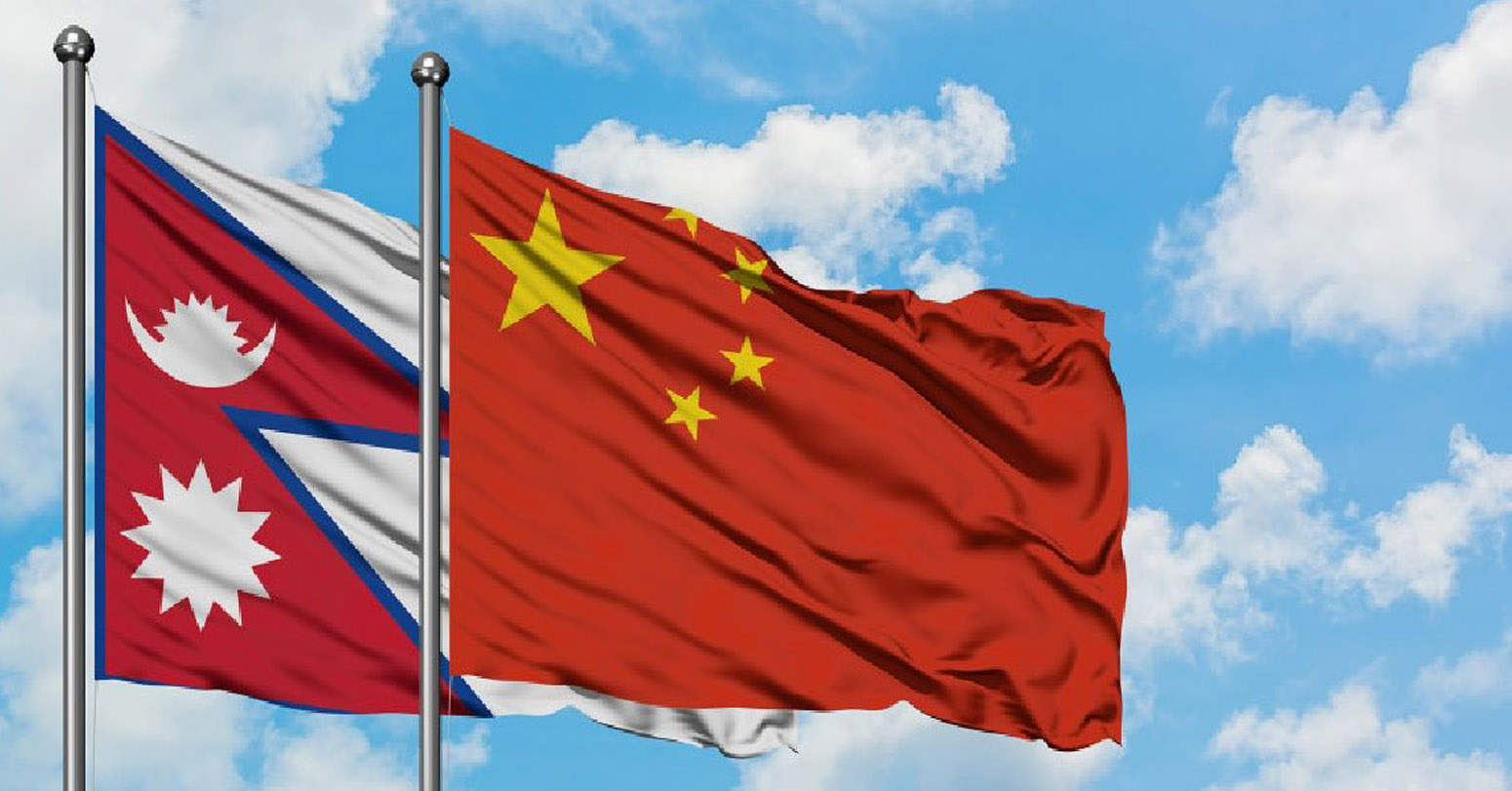


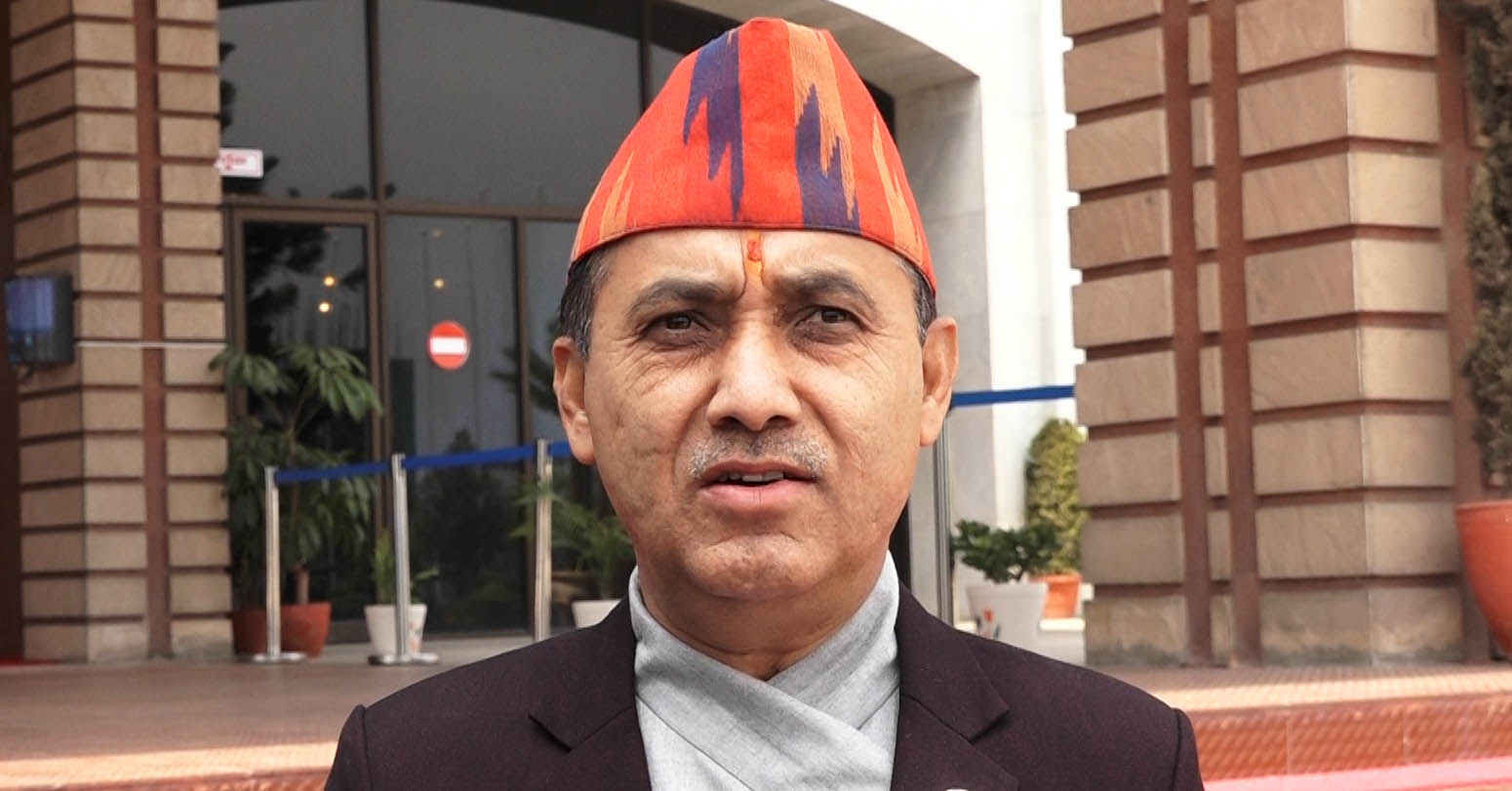




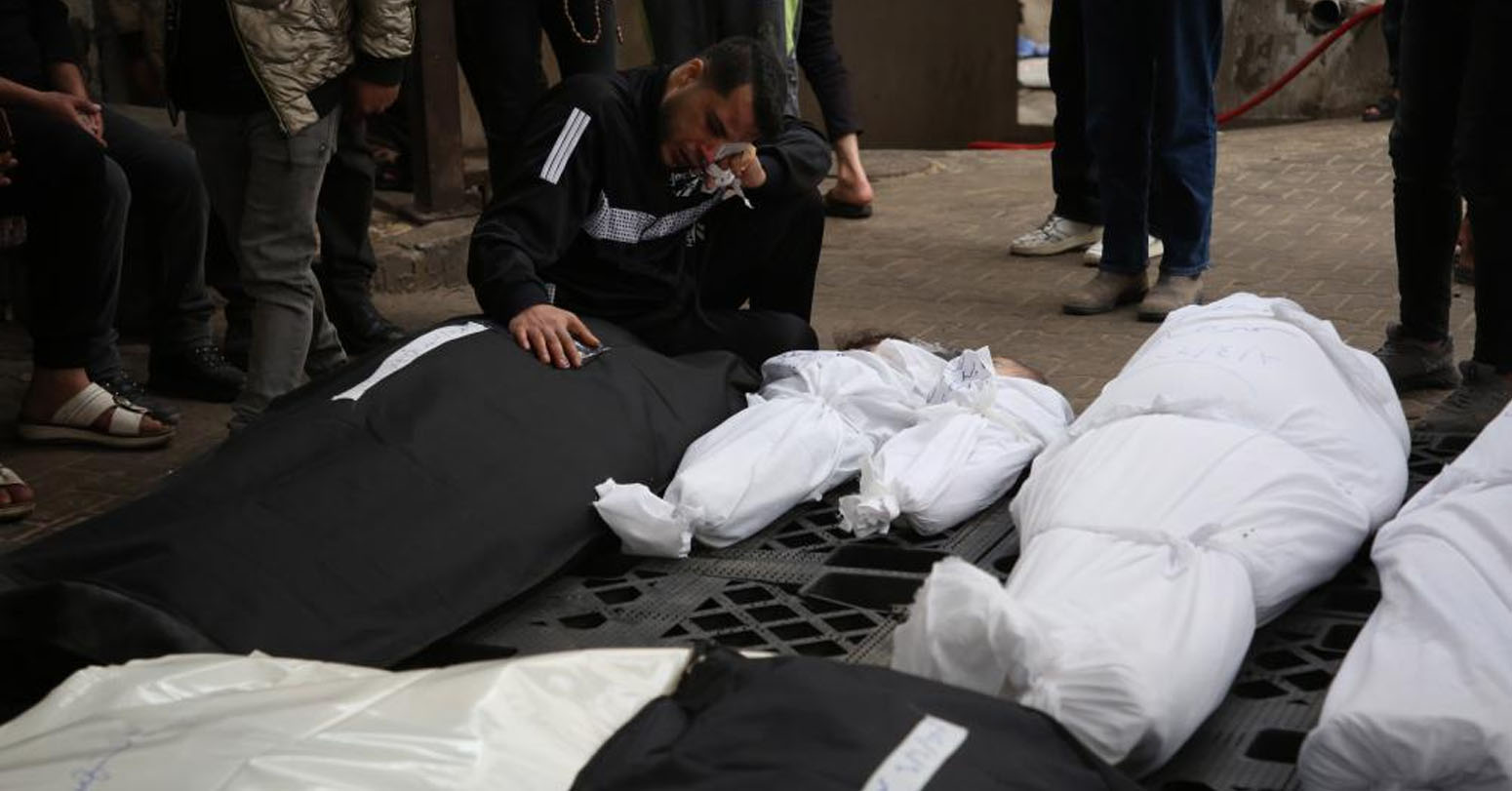
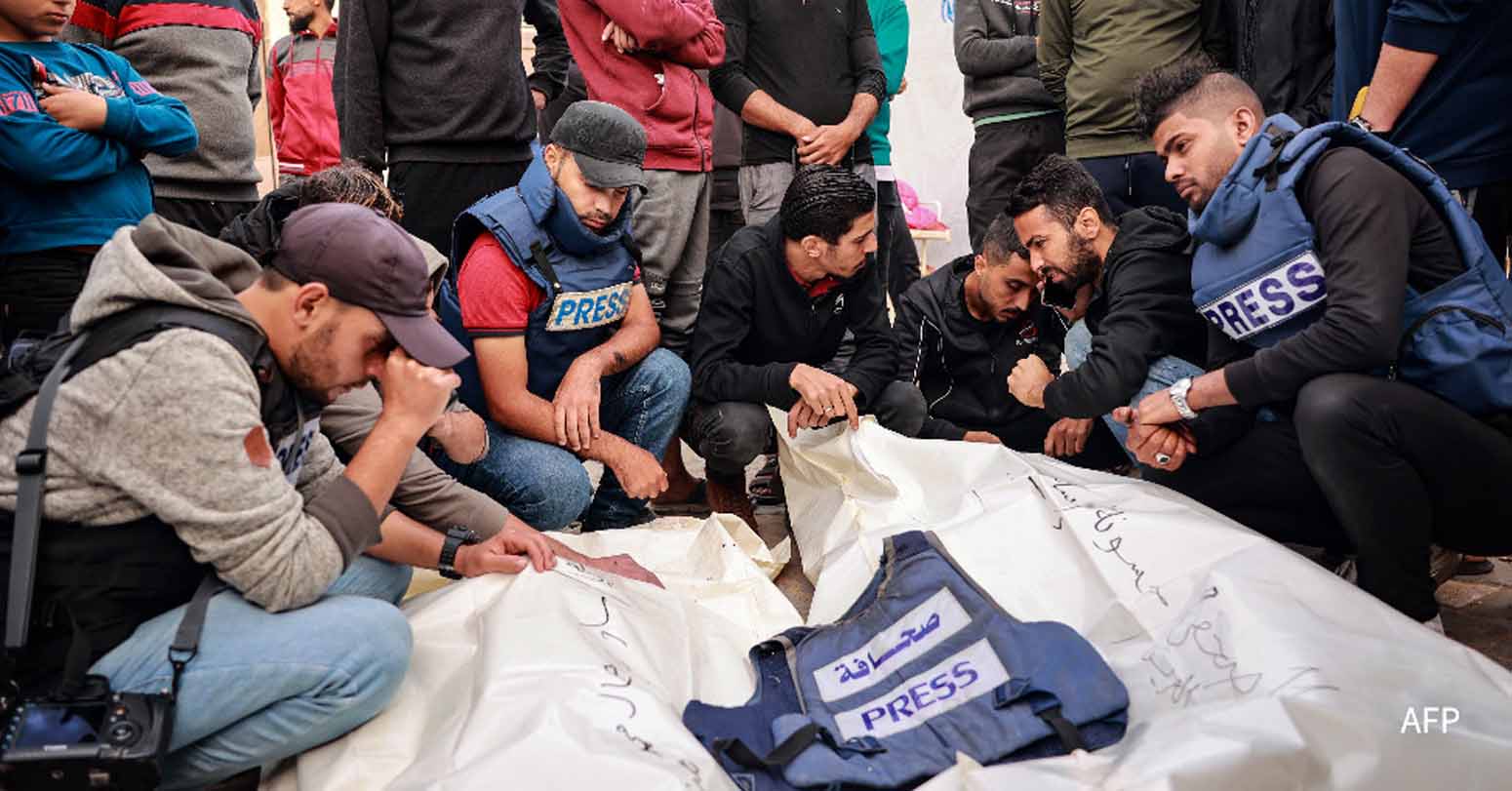


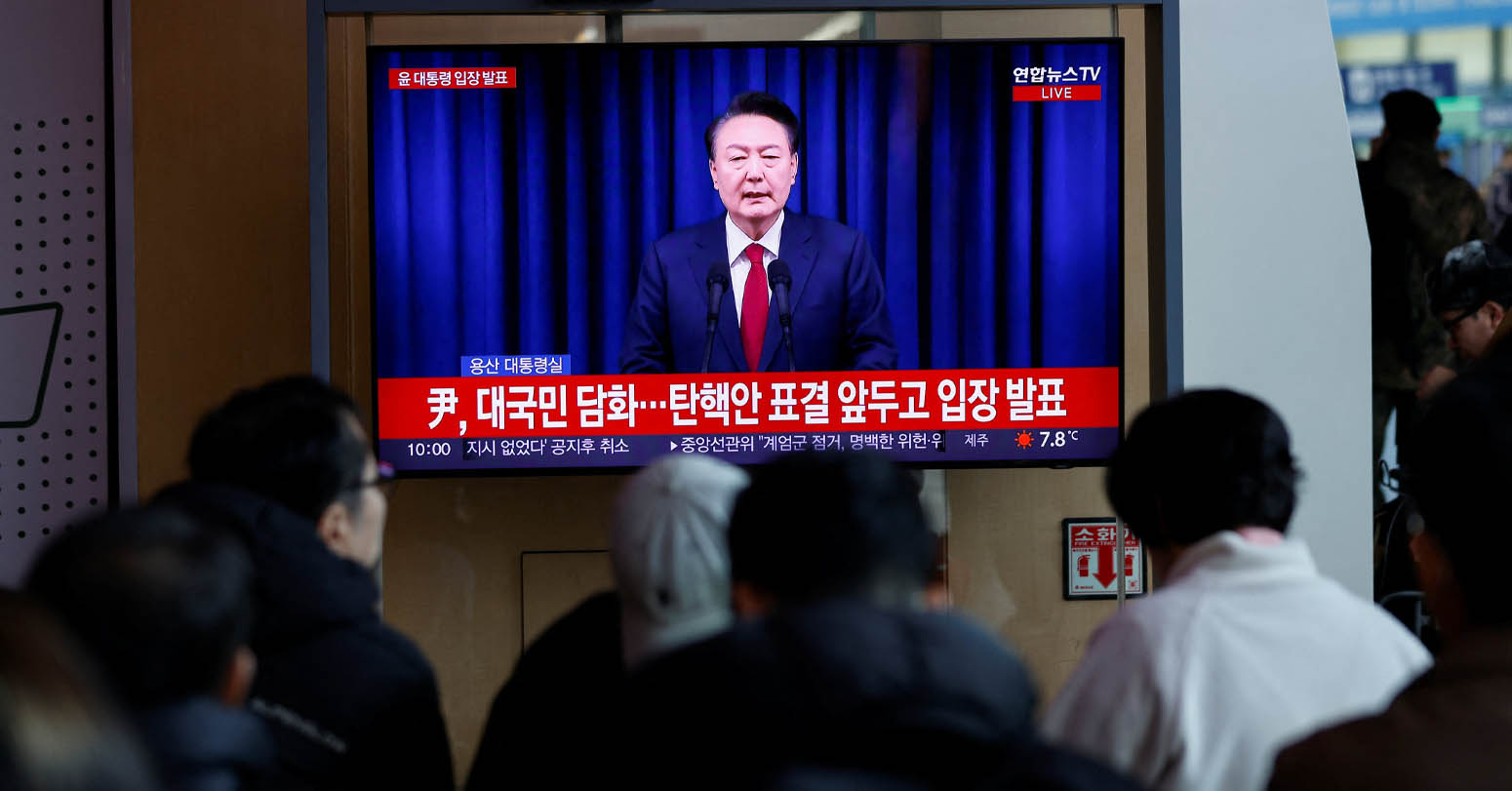

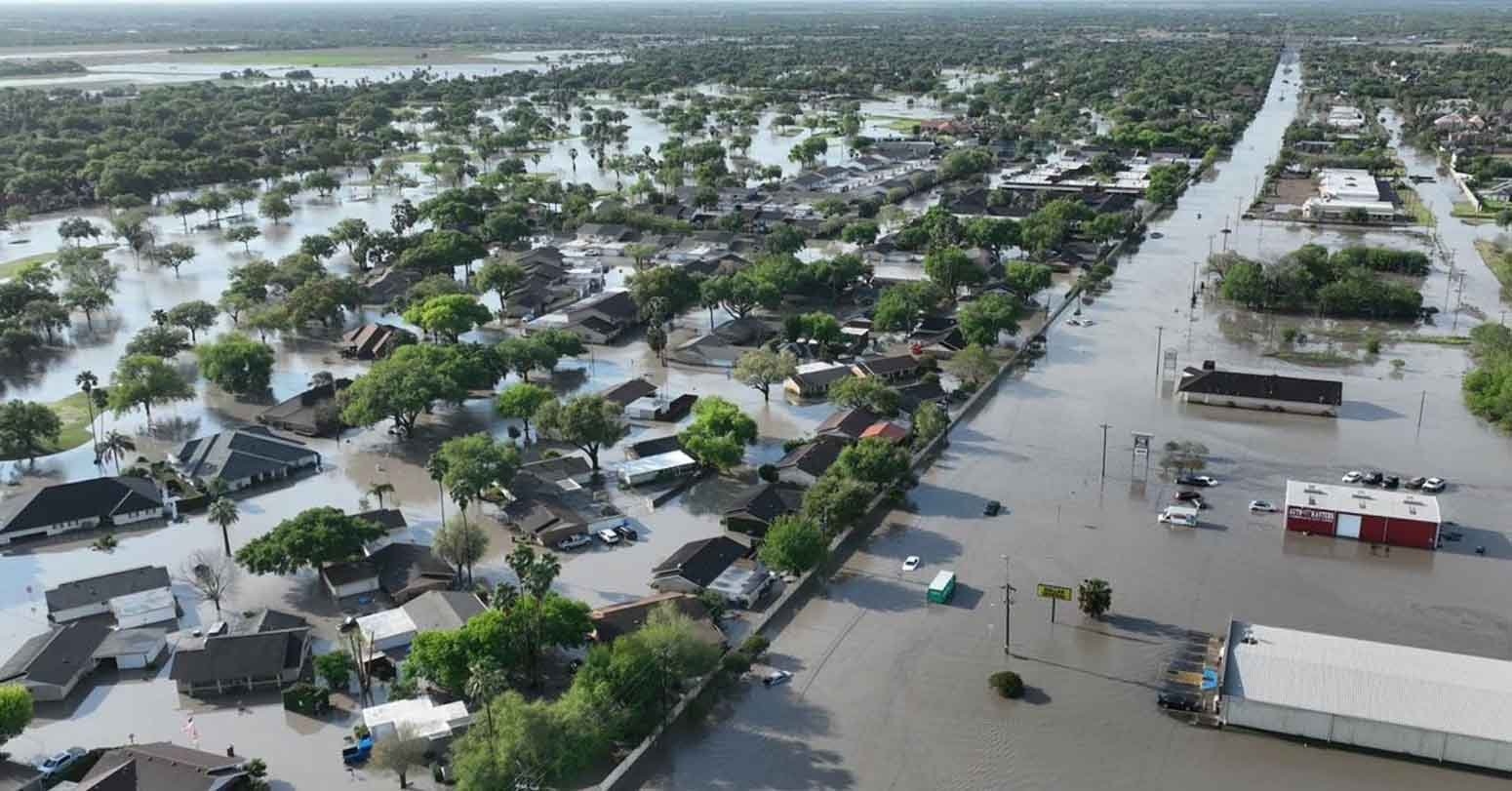
Middle-aged man spends millions to
Dr. Dharam Raj Upadhyay: Man
Breathing The Unbreathable Air
Comprehensive Data Protection Law Critically
Gender Differences In Mental Healthcare
Erosion of Democracy